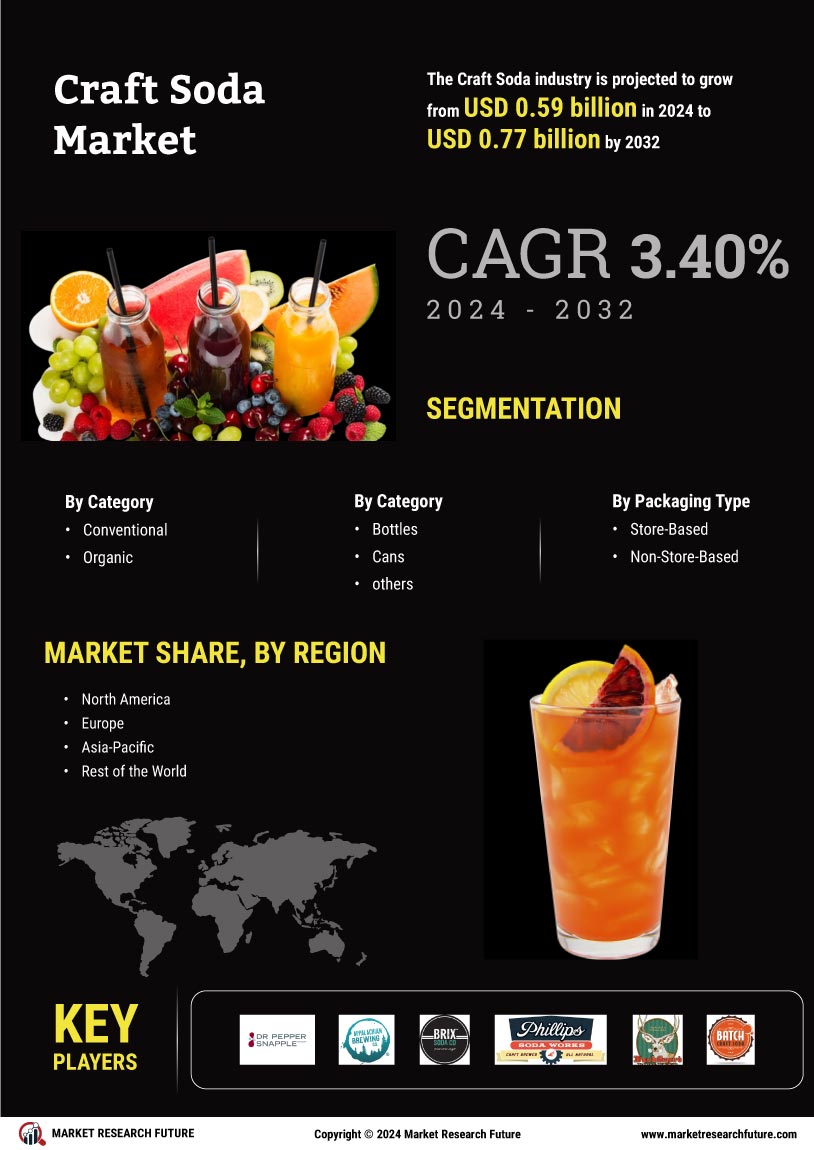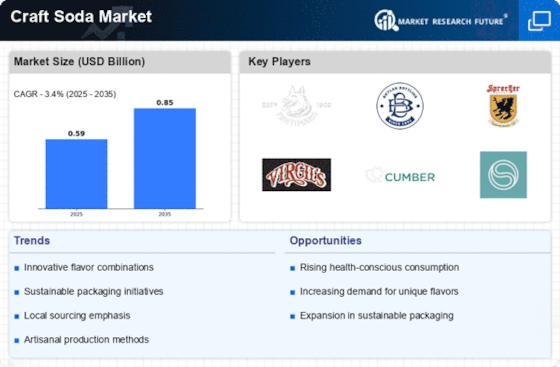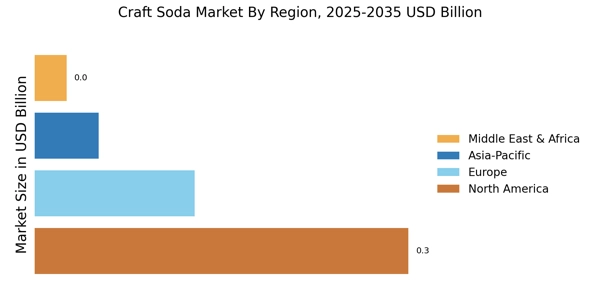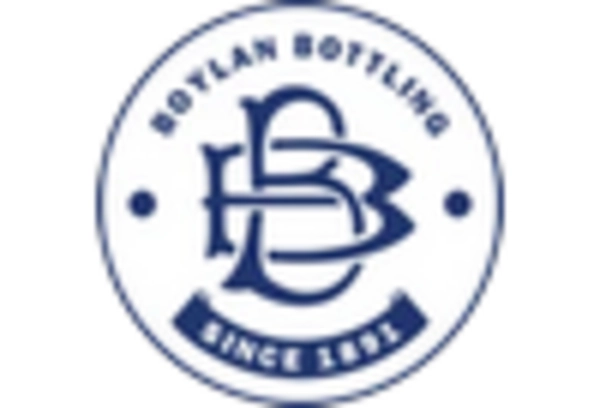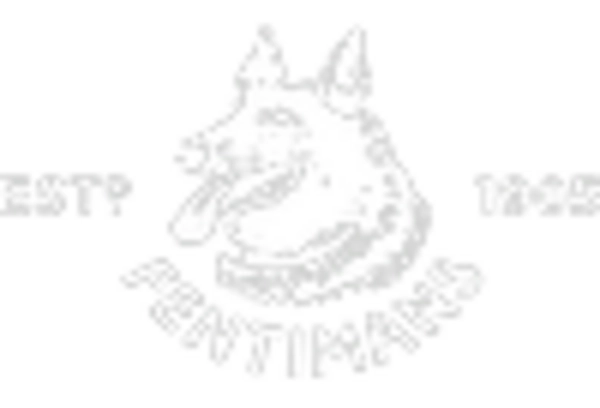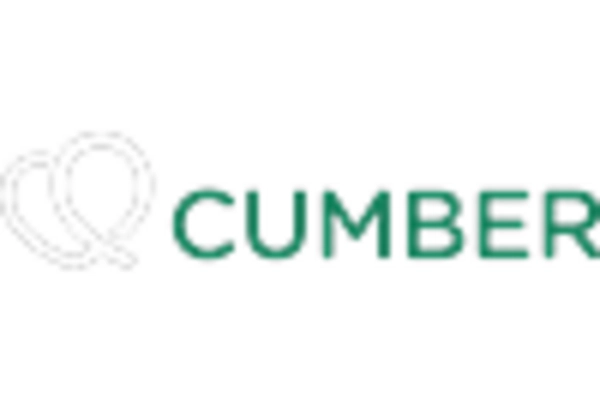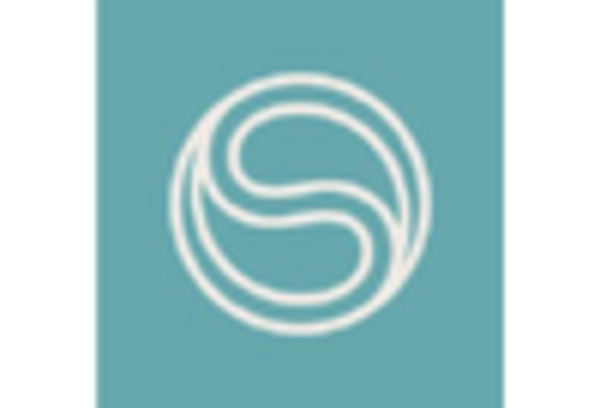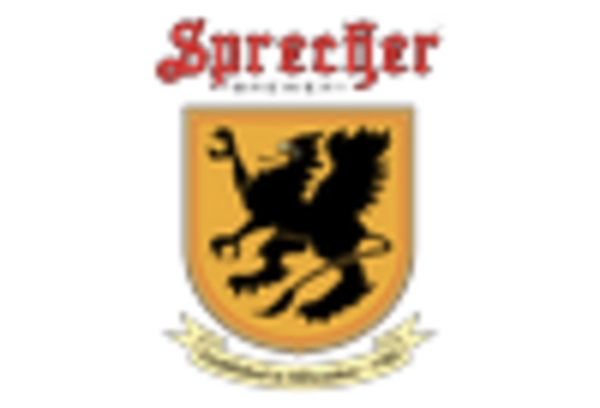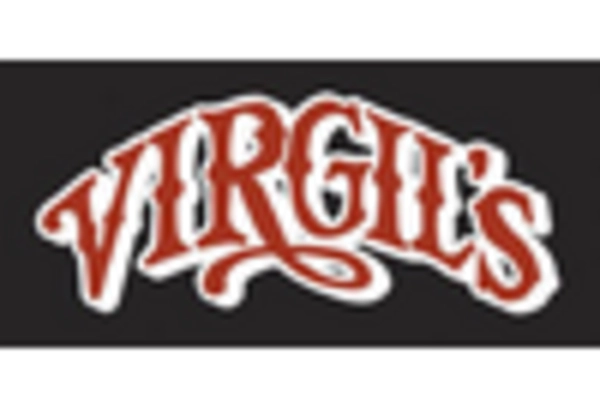Research Methodology on Craft Soda Market
Research Framework
The research methodology involves analysis of the worldwide Craft Soda market from the perspective of the current market trends, size, volume, market dynamics, competitive landscape, company profiles, macroeconomic factors, and industry outlook. The research framework uses a blend of primary and secondary research. Due to the dynamic nature of the market, some of the information from previously completed studies and current studies may be revised. The following research processes were used for the analysis of the Craft Soda market:
Primary Research –
This portion of the research framework includes interviews with craft soda producers, distributors, consultants, associations, and retailers. The information extracted from the interviews includes a detailed understanding of market segmentation, market size, market share, trade dynamics, the impact of macroeconomic factors, and insights into competitive strategies.
Secondary Research –
This involves collecting data from a variety of sources, such as product brochures, company and industry websites, published trade journals, news reports, SEC filings, and other statistical databases.
Market Size Estimation –
The market size has been evaluated using the top-down approach and bottom-up approach. The market size was estimated by analyzing the revenues generated by various players in the market. Historical data from 2019 to 2022 was used to calculate the size of the global Craft Soda market and forecast for 2023 to 2030.
Data Triangulation/Validation –
The data collected from the primary and secondary sources were validated and triangulated to further evaluate the market size. The data validation was carried out by combining data from all sources in an integrated framework. The triangulation of data was done using both primary and secondary sources.
Market Taxonomy –
The global Craft Soda market has been segmented based on Product Type, Packaging Type, and Region. The segmentation has been done to give an in-depth understanding of the global Craft Soda market.
Competitive Landscape –
The competitive landscape of the global Craft Soda market was evaluated, which provides insights into the strategies undertaken by the leading players in the market, key market developments of the leading players, and the competition between established players and new entrants. The competitive landscape was evaluated based on the presence of the leading players in the market and their market share.
About Market Research Future:
Market Research Future (MRFR) is a global market research services provider that offers comprehensive research reports. Our team of highly qualified and experienced analysts offer personalized service to help clients in navigating the complex world of market research. We provide accurate and comprehensive research data and customized analytical solutions to our customers, enabling them to make informed decisions and advance their business. Our market research reports are reliable and updated, providing our clients with insightful information that helps them understand the current market trends and make informed decisions that contribute to their growth and success in the market.
